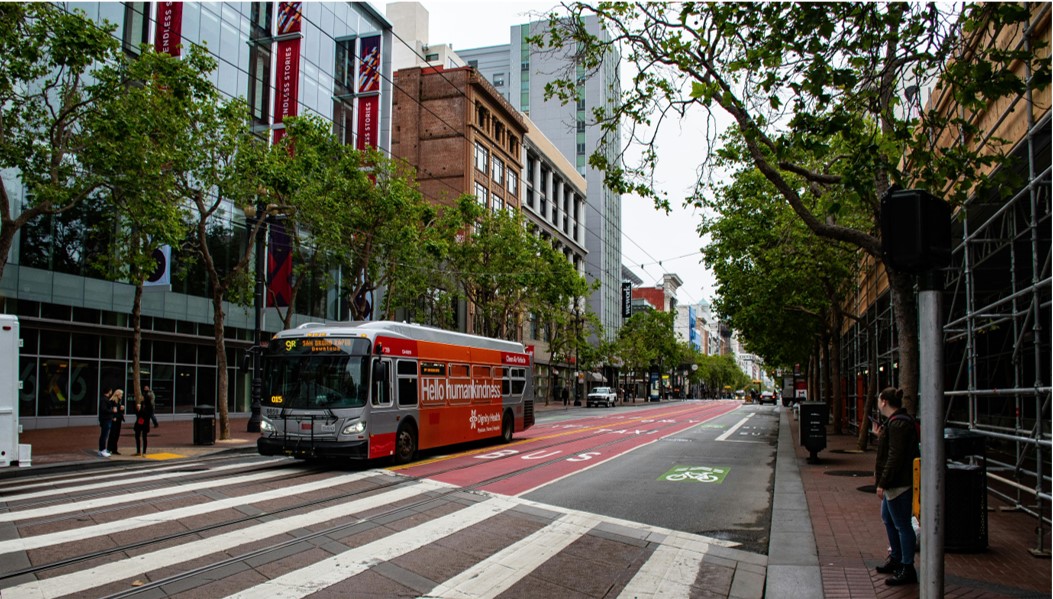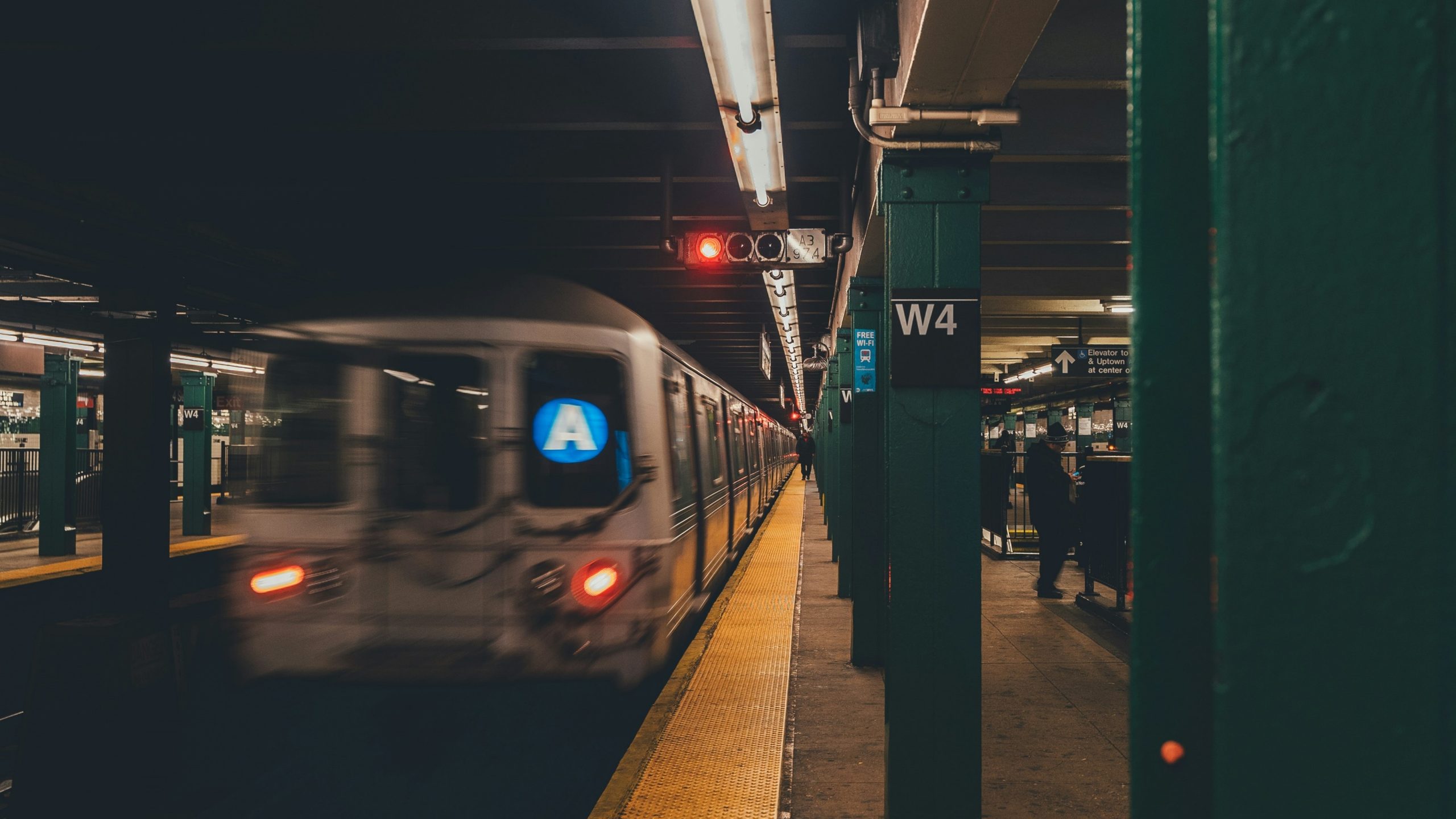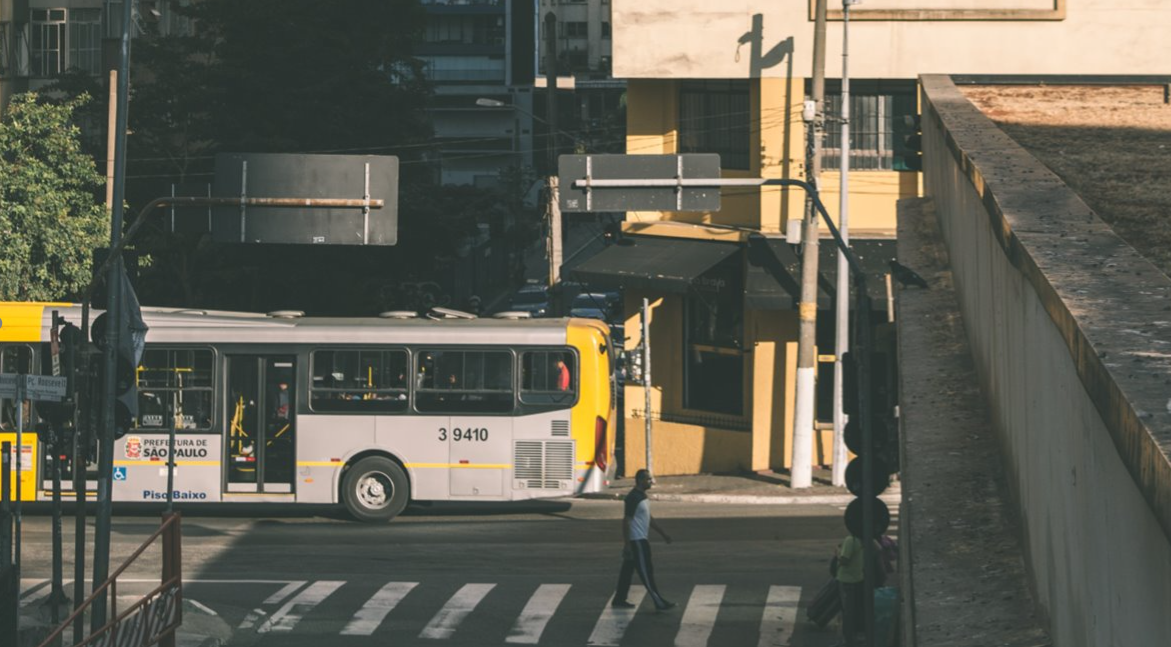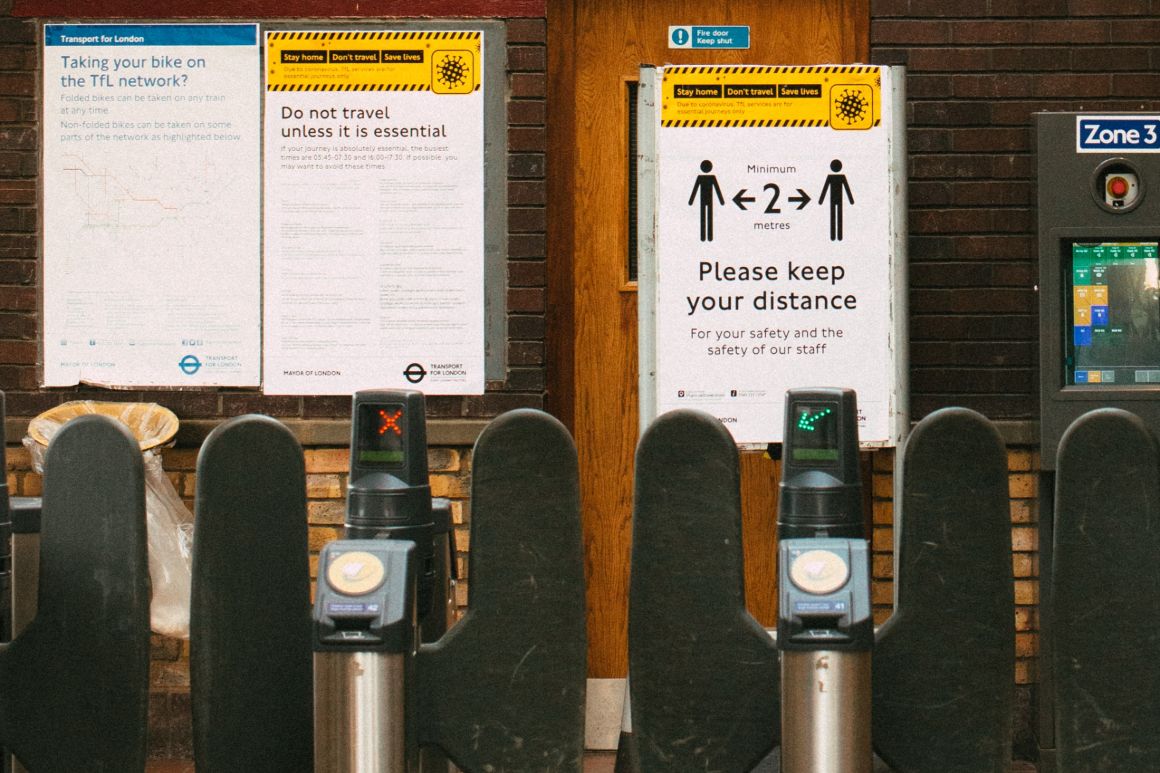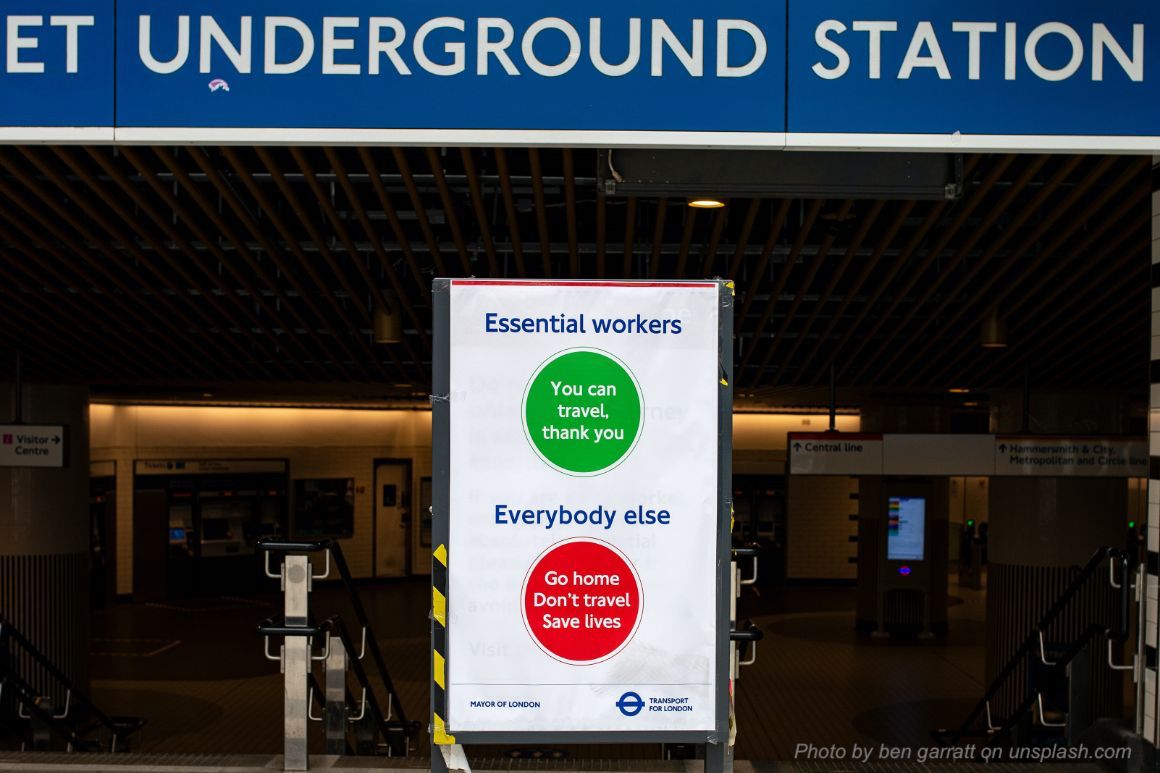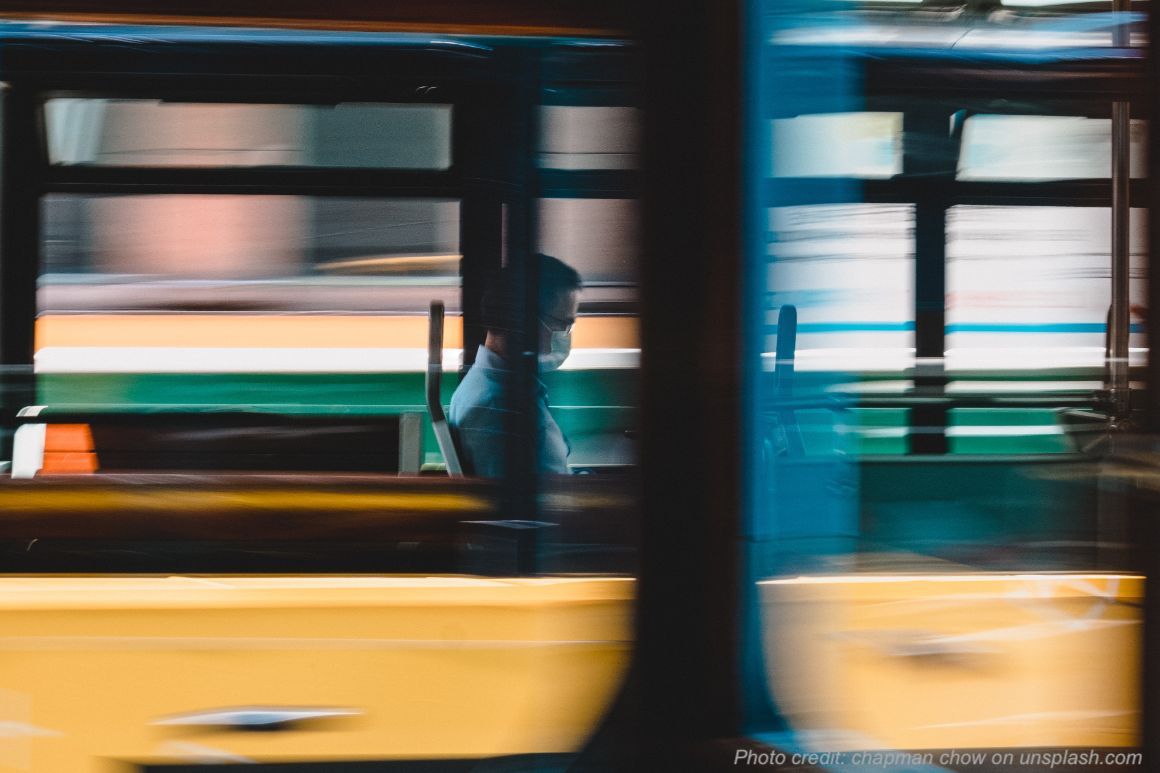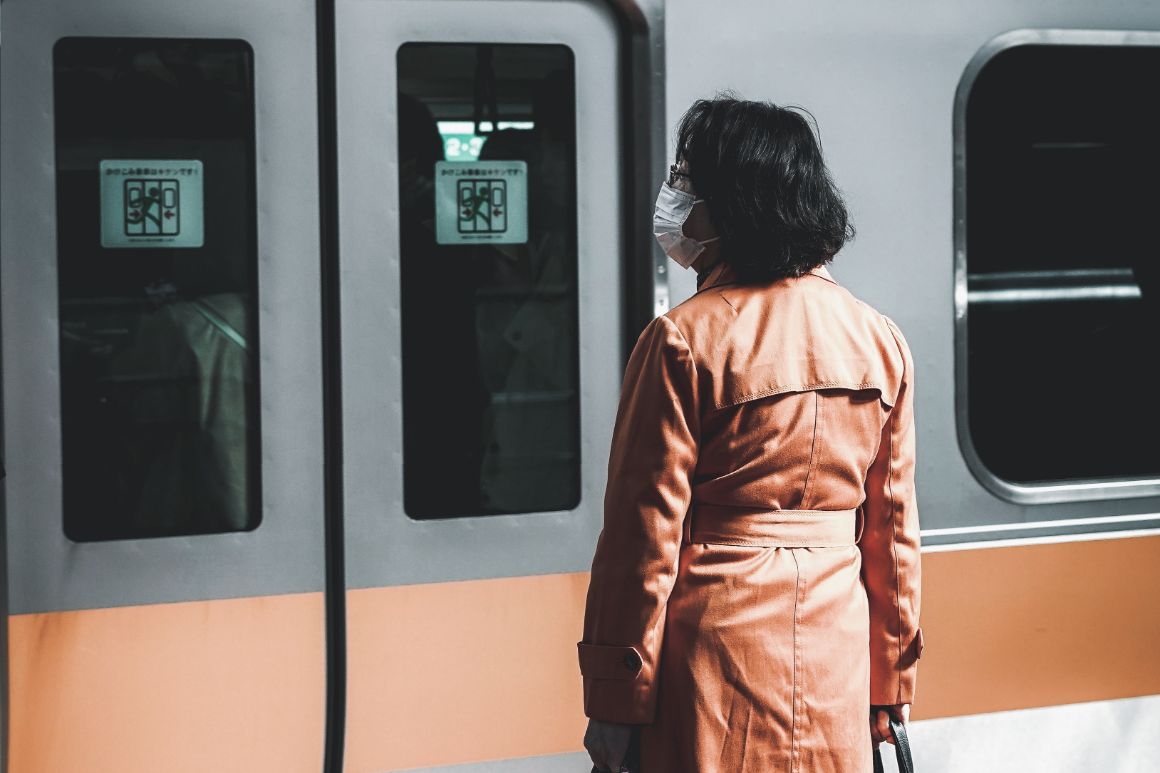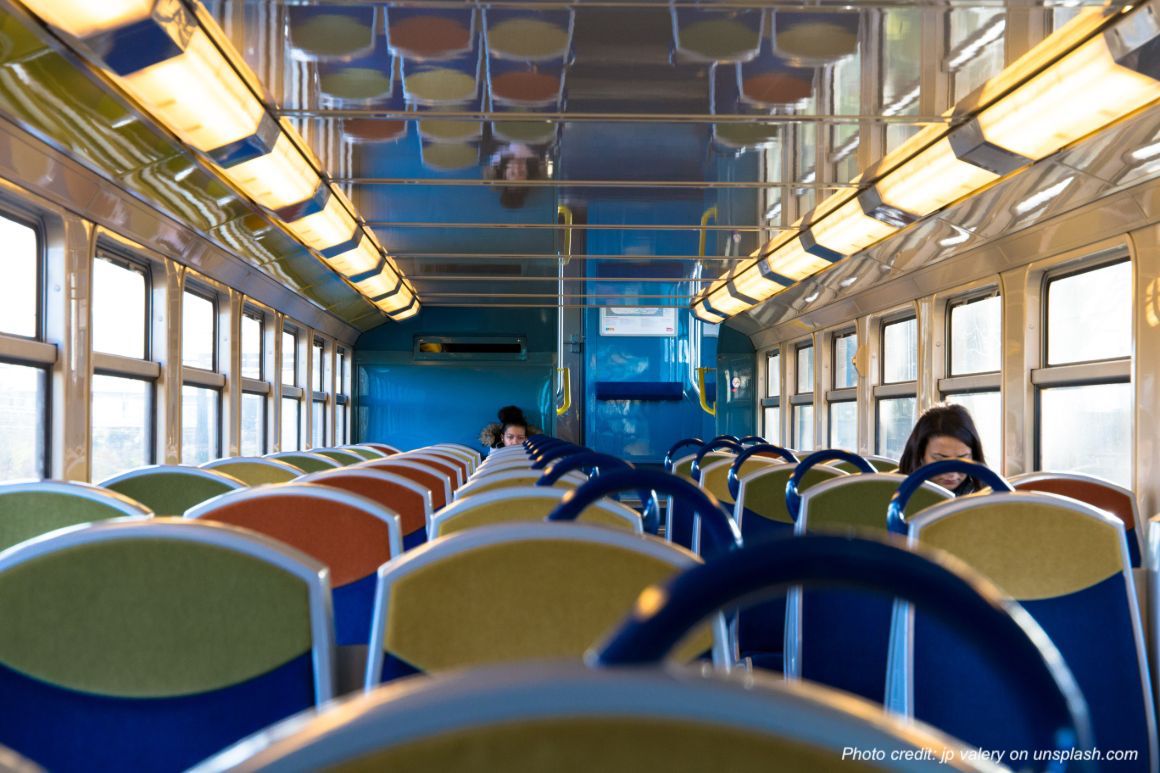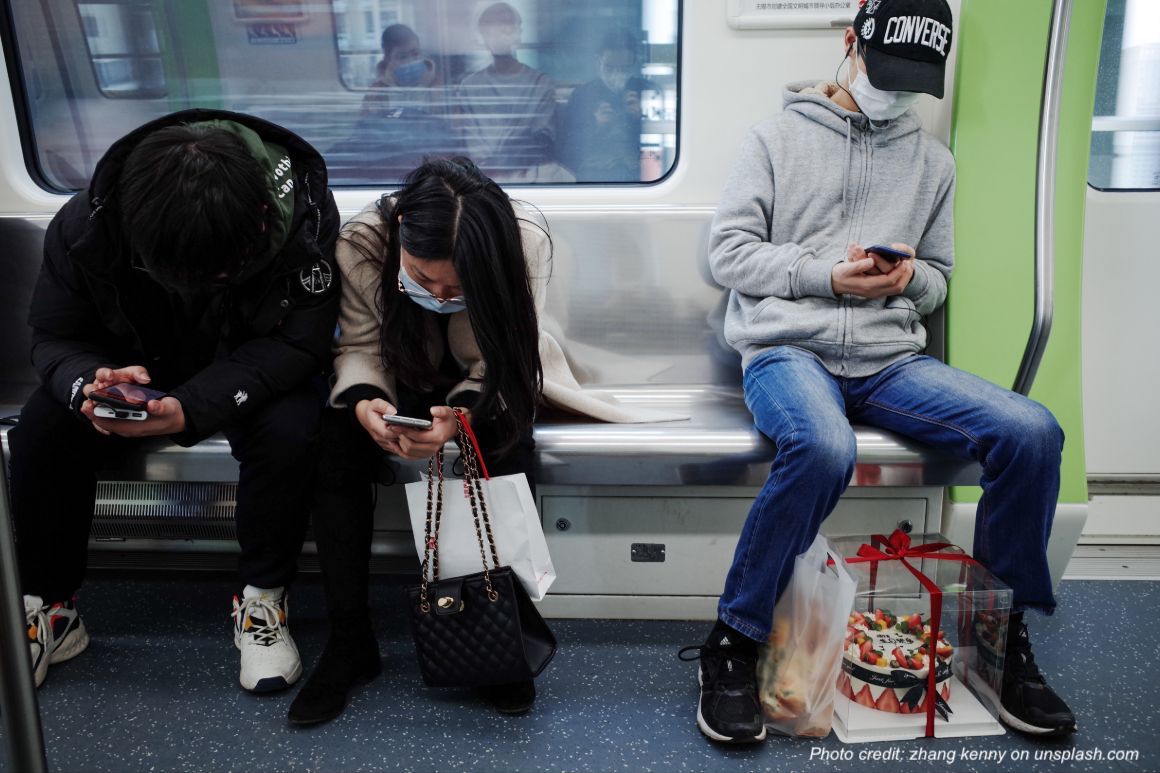A recent report from Verkehrsverbund Rhein-Ruhr (VRR) highlights a significant increase in fare evasion cases in North Rhine-Westphalia, Düsseldorf. Last year, nearly 12,900 individuals were caught without valid tickets, an increase of 3,500 from the previous year. This number only accounts for detected incidents, indicating a potentially higher number of unreported cases. Public transportation...
Record Number of Fare Evaders in North Rhine-Westphalia
Muni Hires Additional Fare Inspectors
San Francisco's Muni Faces Rising Fare Evasion, with figures doubling since 2019
As of 2024, the San Francisco Municipal Transportation Agency (SFMTA), which operates Muni, is facing a significant increase in fare evasion rates, which have almost doubled from 12.8% in 2019 to an estimated 20.8%. In response, Muni is considering increasing its workforce by hiring additional fare inspectors, aiming to return to the staff levels...
New York City Deploys 800 Officers to Combat Subway Fare Evasion
Increased Law Enforcement to Address Safety and Fare Compliance in NYC Subways
New York City has increased its efforts to combat subway fare evasion by deploying 800 additional police officers. This measure, announced on March 25, 2024, aims to tackle the sharp rise in turnstile-jumping: over 1,700 people have been arrested this year for turnstile-jumping, up from 965 in 2023, and 28,000 tickets have already been...
Recife Buses Introduce Turnstiles to Counter Fare Evasion
Pernambuco government's move aims to reduce significant revenue losses.
In order to reduce fare evasion, the Recife Metropolitan Region in Brazil is currently testing turnstiles on 14 bus lines. The Pernambuco government has accompanied this program since it started in June. The Grande Recife Metropolitan Transport Consortium (Grande Recife Consórcio de Transporte Metropolitano, CTM) has already equipped 32 out of the 41 buses...
Safety in public transport: social distancing vs face masks
Social distancing is much harder to implement post-lockdown than asking passengers to wear face masks yet it is regarded by the majority of authorities as a key measure in stopping Covid19
Authorities and public transit organisations have yet to agree on the best way forward to revive public transport while ensuring safety from Covid-19. So far it looks like most decision makers consent on the measure of wearing face masks. These are now obligatory in public transport in countries like Germany, China, and Spain. However,...
Mobility apps reveal user public transit data during Covid-19
Moovit, Citymapper, Transit, Apple and Google confirm similar trends albeit with some variations
Demand for public transport fell to record lows in the past months as the Coronavirus swept through communities around the world. Ridership fell from 65% to less than 10% of normal capacity, and transit organisations adapted their schedules and service frequency to reflect demand. We looked at the data from several urban mobility apps...
Face masks: how effective against Covid-19 in public transport?
As authorities start to ease restrictions people are asked to wear masks in public places to minimise the risk of spreading the virus
Public transport travel has changed dramatically since the outbreak of coronavirus. Operators are confronted with staff deaths and infections, massive drops in ridership, and some companies require bailout money to keep service running. Several countries have introduced new rules for travelling in public transport in order to limit the spread of the disease. One...
4 ways public transport changed during Covid-19
Safety and plummeting revenue are the main concerns for transit operators as most authorities continue enforcing restrictions
With more than one month in since the Covid-19 outbreak outside China, governments around the world continue the fight to contain the spread of the virus. People are told to stay at home and avoid travelling unless strictly necessary, although in the past days we have seen stories of several countries starting to ease...
Paris cuts public transport service to tackle Covid-19 spread
Frequency and operating hours are reduced and some stations closed as people are urged not to travel except for essential needs
Paris transport operator RATP and national rail group SNCF have implemented a number of service reductions in response to the Covid-19 outbreak. Since last week, RATP’s fleet of bus, tram and metro vehicles operate at 30-60% of normal capacity. The company says this is enough to reflect the falling demand but still ensure social...
Public transport in Wuhan, China partially resumes
Authorities ease restrictions after two-months lockdown, allowing passengers in good health to travel
Public transport has partially resumed in Wuhan, the epicentre of the coronavirus outbreak, after nine weeks of total lockdown. About 117 bus routes (1/3 of all bus lines) and some subway lines restarted service on March 25th. Passengers are allowed to travel as long as they can prove they are in good health condition....

